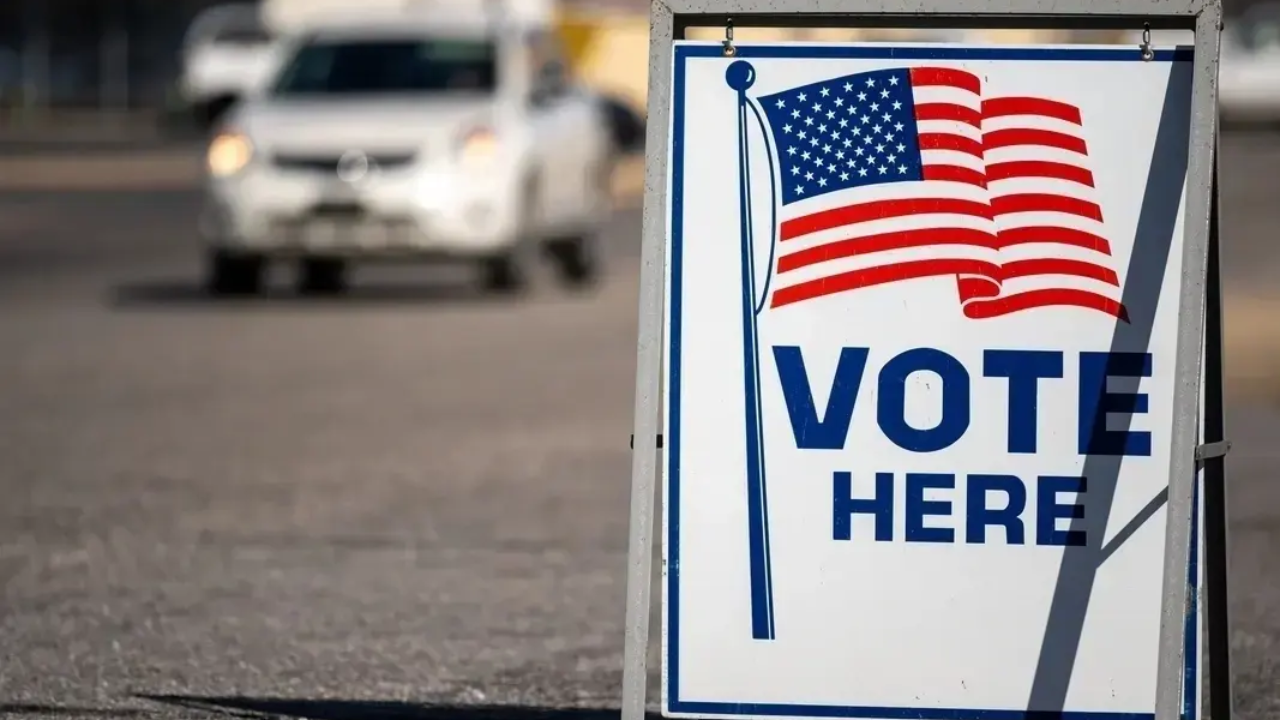In recent years, several GOP-led states have passed new restrictions aimed at making it more difficult for voters to place issues on the ballot.
This move is being spearheaded by Republican lawmakers who argue that the restrictions will help prevent fraud in the signature-gathering process.
However, critics of the new laws argue that these measures undermine the democratic process and strip voters of their right to propose legislation that their elected officials are unwilling to address.
In Arkansas, for example, Republican state senator Mark Johnson introduced a bill that requires the full text of a proposed ballot measure to be read out loud by petition-signers or signature-gatherers. This bill was one of several passed in the state to regulate how ballot measures are introduced.
It also mandates that petition-signers show photo identification and acknowledge that fraud is a criminal act. If signature-gatherers fail to follow these rules, they could face criminal charges.
Johnson, who was attending a local festival when he encountered signature-gatherers for an abortion rights ballot measure, recalled the moment when the issue of women’s health was raised but wasn’t clearly explained.
He suggested that the bill would help ensure that voters were fully informed about what they were signing. Despite this, opponents of the bill argue that it is just another way to suppress citizen-driven efforts to get issues on the ballot.
Bonnie Miller, the president of the League of Women Voters of Arkansas, is leading a lawsuit against the state’s election officials over the new reading requirements.
She believes that the law will create a “chilling effect,” where fewer people will be willing to sign petitions or participate in canvassing.
Miller argued that many people are already familiar with the ballot titles and may not want to endure the process of hearing them read out loud, particularly when they have already researched the issue themselves.
Supporters of these new restrictions argue that they are necessary to protect the integrity of the election process and prevent the influence of special interest groups.
Kelly Hall, the executive director of the Fairness Project, a group advocating for economic and social justice, noted that this year has seen an unprecedented number of bills aimed at limiting citizen-initiated ballot measures. She expressed concern that this was a sign of the growing difficulty citizens face when trying to push for change outside of the legislature.
While some states, like Arkansas, are adding new rules for signature-gatherers, others are raising the bar for how much support is needed to pass a measure.
Florida, for instance, already has a higher threshold for passing a measure, requiring 60% of voters to approve a ballot measure. This proved to be a significant hurdle for an abortion rights measure last year, where 57% of voters supported it, but it failed to meet the 60% requirement.
In Florida, Republican Governor Ron DeSantis signed a new law, House Bill 1205, which also requires petition-signers to show identification. It restricts signature-gatherers to collecting no more than 25 signatures from people outside of their immediate family.

If they gather more than that, they could face criminal charges. DeSantis and others argue that these restrictions are necessary to combat fraud and ensure the integrity of the electoral process.
The issue of fraud among signature-gatherers has been an ongoing concern, especially when gatherers are paid based on the number of signatures they collect.
Experts suggest that paying gatherers per signature rather than by the hour can encourage fraudulent practices. However, advocates for ballot measures argue that there are already laws in place to address fraud without making it harder for voters to have their voices heard.
While fraud among signature-gatherers is a legitimate concern, critics argue that the new laws will do more harm than good. Letitia Harmon, director of policy and research at Florida Rising, a social justice group, pointed out that human error, rather than intentional fraud, is often to blame for the issues cited by lawmakers.
She also argued that many of the claims of fraud in Florida are being exaggerated, and the new laws will criminalize mistakes that were not malicious.
For Hall, these new laws represent a broader failure to listen to the voters and engage with their concerns. “Direct democracy should be an opportunity for voters to speak to their politicians,” she said. “Instead, we’re making it harder for voters to take up the issues themselves.”
Advocates like Hall believe that these laws not only suppress voter participation but also undermine the very foundation of democratic engagement, where citizens can directly influence policies when their elected officials refuse to act.
The impact of these new restrictions is still unfolding, but it’s clear that they have sparked a significant debate about the balance between preventing fraud and protecting voters’ rights.
As more states adopt similar measures, the question remains: will these laws genuinely protect the integrity of elections, or will they limit the power of the people to push for change?
Disclaimer- Our team has thoroughly fact-checked this article to ensure its accuracy and maintain its credibility. We are committed to providing honest and reliable content for our readers.






